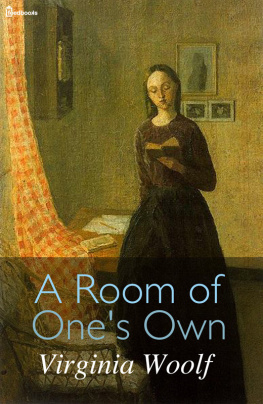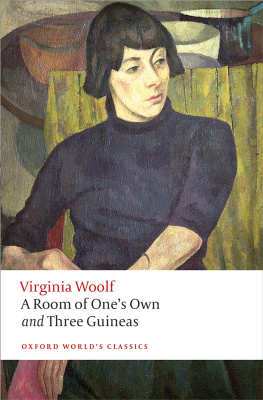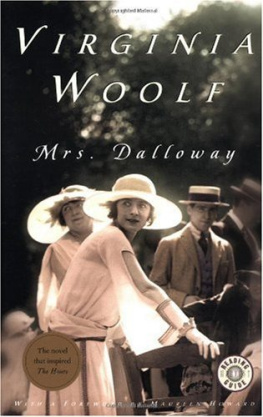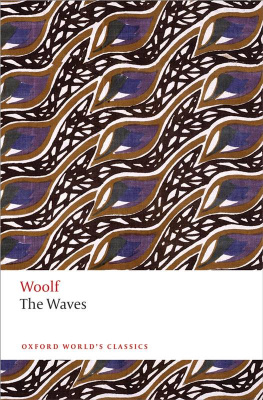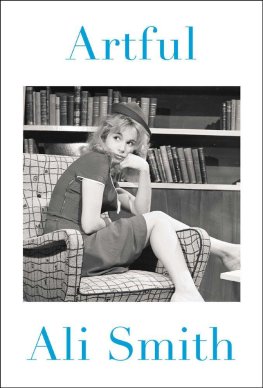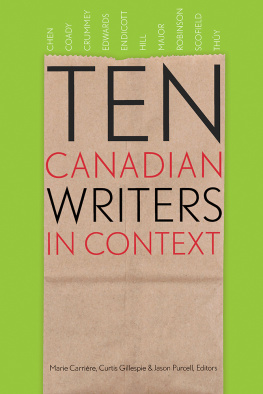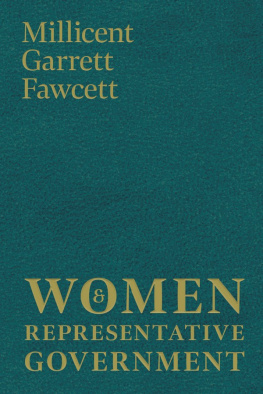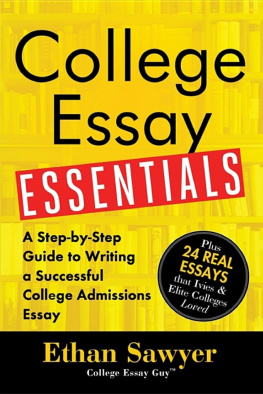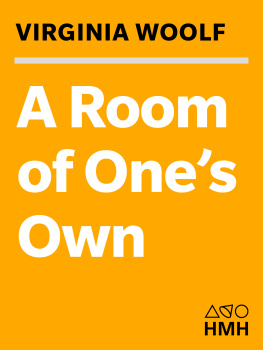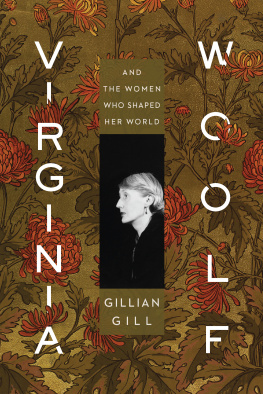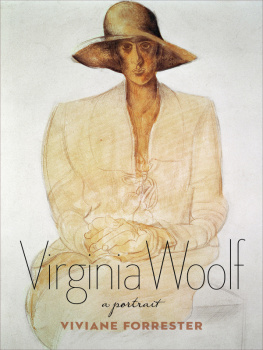About Woolf:Virginia Woolf (January 25, 1882 March 28, 1941) was anEnglish novelist and essayist regarded as one of the foremostmodernist literary figures of the twentieth century. During theinterwar period, Woolf was a significant figure in London literarysociety and a member of the Bloomsbury Group. Her most famous worksinclude the novels Mrs Dalloway (1925), To the Lighthouse (1927),and Orlando (1928), and the book-length essay A Room of One's Own(1929) with its famous dictum, "a woman must have money and a roomof her own if she is to write fiction".
Also available on FeedbooksWoolf:- Tothe Lighthouse (1927)
- Mrs.Dalloway (1925)
- AHaunted House (1921)
- TheWaves (1931)
- MrsDalloway in Bond Street (1923)
- Orlando(1928)
- Between theActs (1941)
- TheDuchess and the Jeweller (1938)
- TheNew Dress (1927)
- TheMark on the Wall (1917)
Copyright: This work isavailable for countries where copyright is Life+70.
Note: This book is brought toyou by Feedbooks
http://www.feedbooks.com
Strictly for personal use, do not use this file for commercialpurposes.
One
But, you may say, we asked you to speak about women andfictionwhat, has that got to do with a room of one's own? I willtry to explain. When you asked me to speak about women and fictionI sat down on the banks of a river and began to wonder what thewords meant. They might mean simply a few remarks about FannyBurney; a few more about Jane Austen; a tribute to the Bronts anda sketch of Haworth Parsonage under snow; some witticisms ifpossible about Miss Mitford; a respectful allusion to George Eliot;a reference to Mrs Gaskell and one would have done. But at secondsight the words seemed not so simple. The title women and fictionmight mean, and you may have meant it to mean, women and what theyare like, or it might mean women and the fiction that they write;or it might mean women and the fiction that is written about them,or it might mean that somehow all three are inextricably mixedtogether and you want me to consider them in that light. But when Ibegan to consider the subject in this last way, which seemed themost interesting, I soon saw that it had one fatal drawback. Ishould never be able to come to a conclusion. I should never beable to fulfil what is, I understand, the first duty of a lecturerto hand you after an hour's discourse a nugget of pure truth towrap up between the pages of your notebooks and keep on themantelpiece for ever. All I could do was to offer you an opinionupon one minor pointa woman must have money and a room of her ownif she is to write fiction; and that, as you will see, leaves thegreat problem of the true nature of woman and the true nature offiction unsolved. I have shirked the duty of coming to a conclusionupon these two questionswomen and fiction remain, so far as I amconcerned, unsolved problems. But in order to make some amends I amgoing to do what I can to show you how I arrived at this opinionabout the room and the money. I am going to develop in yourpresence as fully and freely as I can the train of thought whichled me to think this. Perhaps if I lay bare the ideas, theprejudices, that lie behind this statement you will find that theyhave some bearing upon women and some upon fiction. At any rate,when a subject is highly controversialand any question about sexis thatone cannot hope to tell the truth. One can only show howone came to hold whatever opinion one does hold. One can only giveone's audience the chance of drawing their own conclusions as theyobserve the limitations, the prejudices, the idiosyncrasies of thespeaker. Fiction here is likely to contain more truth than fact.Therefore I propose, making use of all the liberties and licencesof a novelist, to tell you the story of the two days that precededmy coming herehow, bowed down by the weight of the subject whichyou have laid upon my shoulders, I pondered it, and made it work inand out of my daily life. I need not say that what I am about todescribe has no existence; Oxbridge is an invention; so is Fernham;'I' is only a convenient term for somebody who has no real being.Lies will flow from my lips, but there may perhaps be some truthmixed up with them; it is for you to seek out this truth and todecide whether any part of it is worth keeping. If not, you will ofcourse throw the whole of it into the waste-paper basket and forgetall about it.
Here then was I (call me Mary Beton, Mary Seton, Mary Carmichaelor by any name you pleaseit is not a matter of any importance)sitting on the banks of a river a week or two ago in fine Octoberweather, lost in thought. That collar I have spoken of, women andfiction, the need of coming to some conclusion on a subject thatraises all sorts of prejudices and passions, bowed my head to theground. To the right and left bushes of some sort, golden andcrimson, glowed with the colour, even it seemed burnt with theheat, of fire. On the further bank the willows wept in perpetuallamentation, their hair about their shoulders. The river reflectedwhatever it chose of sky and bridge and burning tree, and when theundergraduate had oared his boat through the reflections theyclosed again, completely, as if he had never been. There one mighthave sat the clock round lost in thought. Thoughtto call it by aprouder name than it deservedhad let its line down into thestream. It swayed, minute after minute, hither and thither amongthe reflections and the weeds, letting the water lift it and sinkit untilyou know the little tugthe sudden conglomeration of anidea at the end of one's line: and then the cautious hauling of itin, and the careful laying of it out? Alas, laid on the grass howsmall, how insignificant this thought of mine looked; the sort offish that a good fisherman puts back into the water so that it maygrow fatter and be one day worth cooking and eating. I will nottrouble you with that thought now, though if you look carefully youmay find it for yourselves in the course of what I am going tosay.
But however small it was, it had, nevertheless, the mysteriousproperty of its kindput back into the mind, it became at once veryexciting, and important; and as it darted and sank, and flashedhither and thither, set up such a wash and tumult of ideas that itwas impossible to sit still. It was thus that I found myselfwalking with extreme rapidity across a grass plot. Instantly aman's figure rose to intercept me. Nor did I at first understandthat the gesticulations of a curious-looking object, in a cut-awaycoat and evening shirt, were aimed at me. His face expressed horrorand indignation. Instinct rather than reason came to my help, hewas a Beadle; I was a woman. This was the turf; there was the path.Only the Fellows and Scholars are allowed here; the gravel is theplace for me. Such thoughts were the work of a moment. As Iregained the path the arms of the Beadle sank, his face assumed itsusual repose, and though turf is better walking than gravel, novery great harm was done. The only charge I could bring against theFellows and Scholars of whatever the college might happen to be wasthat in protection of their turf, which has been rolled for 300years in succession they had sent my little fish into hiding.

